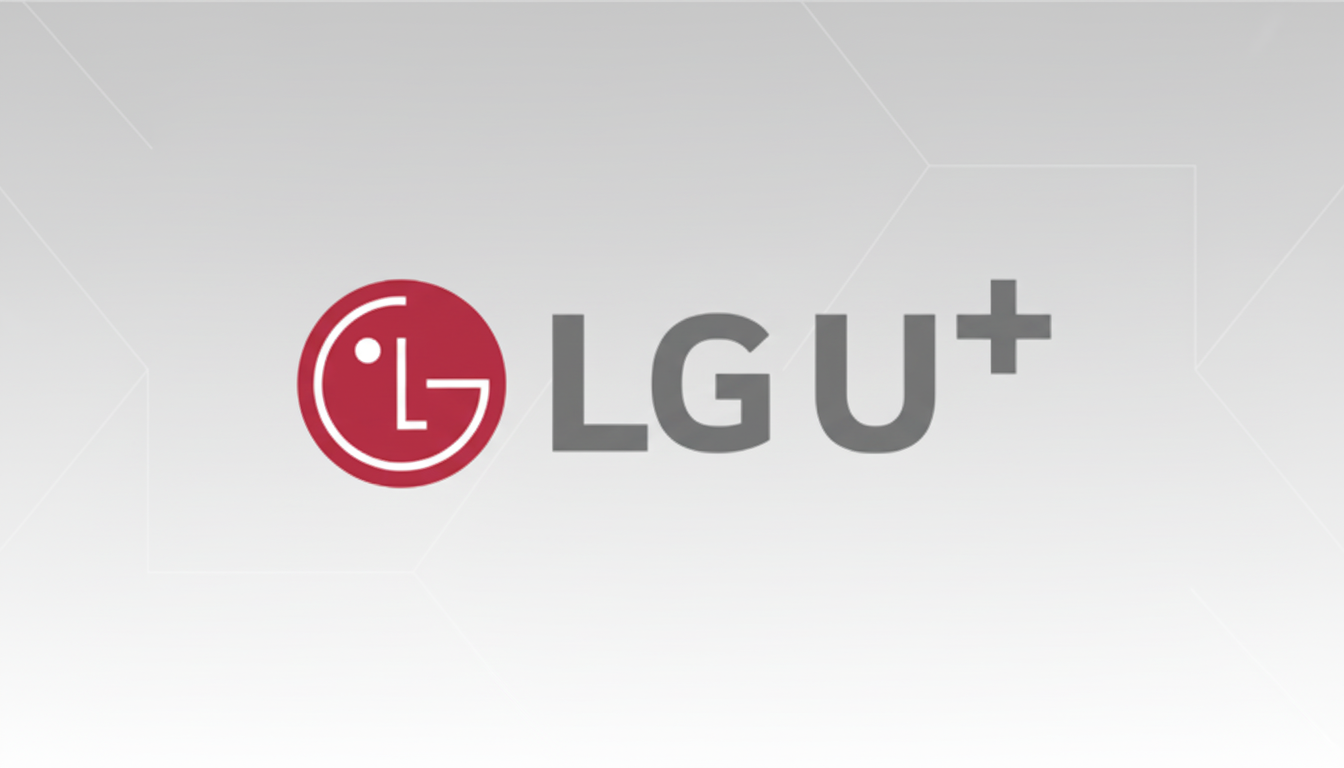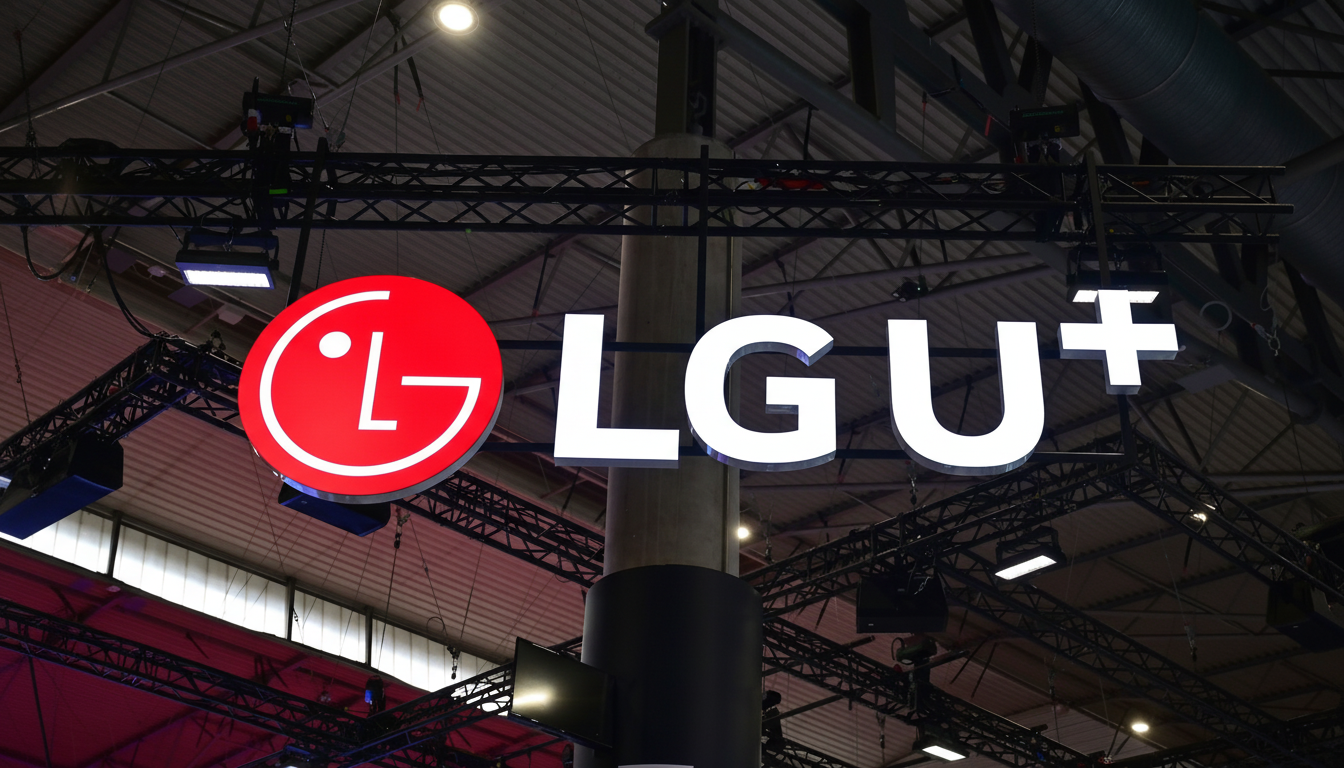LG Uplus said it has experienced a cyberattack, making it the third major South Korean telecommunications company to admit a security breach in recent months. The admission adds to fresh scrutiny of the nation’s vulnerable critical communications infrastructure, as regulators and incident responders seek to ascertain the scale, root cause, and any exposure of customer data.
What LG Uplus Has Confirmed About the Cyberattack So Far
The carrier has not publicly identified what systems were affected or if subscriber data was accessed, The Register reports. Those people, who spoke on the condition of anonymity because they were not authorized to discuss the coordination, said the matter is being reviewed in connection with the Korea Internet & Security Agency, a standard procedure for major network incidents involving regulated operators. The company has previously resisted warnings that it might be penetrated, but is now pressing ahead with forensic analysis and reporting to the government.
- What LG Uplus Has Confirmed About the Cyberattack So Far
- A Pattern Across South Korea’s Networks Emerges
- What Investigators Are Probing in the LG Uplus Case
- Why Telcos Are a Prime Target for Attackers Today
- Customer and compliance implications for LG Uplus users
- The bigger fix experts propose to prevent future breaches

The move comes after an initial warning was raised by KISA in which it claimed to have detected signs of attack over the summer and asked for a formal report. Security researchers also pointed to a claim in the underground magazine Phrack by attackers claiming affiliation with China or North Korea who say that they exfiltrated data on thousands of LG Uplus servers. Those claims have not been corroborated by officials, and the case is still under investigation.
A Pattern Across South Korea’s Networks Emerges
LG Uplus was the last of the country’s three top telecom companies to disclose such information. KT and SK Telecom separately reported security breaches in the past half-year, with a KT breach linked to exposure via unauthorized micro base stations that popped up on its network. The trio of carriers combined serve almost all mobile subscribers in South Korea, and that’s why coordinated supervision and swift response are critical to national resilience.
Analysts discuss the division of cyber regulation responsibilities in the telecom market between the Ministry of Science and ICT, KCC, and KISA—with NIS serving as a consultant for critical infrastructures. Industry executives and academics have long made the case that this patchwork hinders incident command, spreading a finite resource of skilled responders across overlapping mandates.
What Investigators Are Probing in the LG Uplus Case
Forensic teams generally start by segregating infected systems and preserving logs, then moving laterally to gain an understanding of how attackers moved through the network. With telecom, the riskier entry points might be things like remote management interfaces, misconfigured cloud assets, supply chain elements (like small cells or routers), and breached employee credentials. Analysts will also cross-reference indicators with threat activity clusters followed by satellite organizations such as Mandiant and Recorded Future to see whether known state-aligned actors or criminal syndicates are in the mix.
If subscriber information, or data about a network, were breached, regulators can demand notification and remedial steps. In past telecom cases, measures have been imposed such as the requirement for security audits, isolation of core network functions, and more robust access controls using multiple credentials to limit the power of individual rogue engineers and grid anomalies in signalling systems.

Why Telcos Are a Prime Target for Attackers Today
Telecom operators sit on an especially valuable set of data and infrastructure that adversaries would love to have. Call detail records, location information, and lawful intercept capabilities are being accessed for espionage purposes, while billing databases and identity verification flows draw in financially based adversaries. Global campaigns like Operation Soft Cell, as documented by independent researchers, have unequivocally demonstrated that long-dwell intrusions at carriers can remain unchecked for months without visibility across vast and hybrid domains.
The stakes are even higher with South Korea given its close proximity to sophisticated adversaries and the fact that it has a dense 5G footprint. The attack surface is increasing as networks converge IT and OT systems and migrate functions toward the edge, making practices like robust asset inventories, zero-trust architectures, and continuous monitoring not only best practices but fundamental requirements for telecom-grade security.
Customer and compliance implications for LG Uplus users
LG Uplus did not comment on customer impact. Should it discover exposure, targets would be alerted to reset passwords and watch for attempts at SIM swapping, in addition to targeted phishing that sees attackers use a victim’s real account information for fraud. The suddenness of identity verification requests—particularly for number ports or new device activations—should prompt individuals to be cautious and verify the request directly with the carrier.
Regulatory concerns: From a regulatory perspective specific to South Korea, telecom must report material incidents and undertake remedial processes in the event of a breach under the national privacy and network laws. Authorities can levy fines, require third-party audits, and order schedules for closing high-risk gaps. Investors will be waiting to see how quickly the containment, and then recovery, timelines are satisfied for such deeply operational, reputational issues at stake.
The bigger fix experts propose to prevent future breaches
Experts look beyond the immediate investigation, calling for structural upgrades that would mitigate recurrence:
- Unified incident command across the relevant agencies
- Red-team exercises encompassing all three national carriers
- More rigorous supply chain screening of micro base stations and core network gear
- Hardware-backed identity for administrative access
LG Uplus’s revelation points to a larger truth: After years of largely treating security as an afterthought, telecom security has become a front-line national priority. The findings of this investigation—and the corrective playbook it leads to—will determine how South Korea fortifies its networks against the next wave of advanced intrusion attempts.

